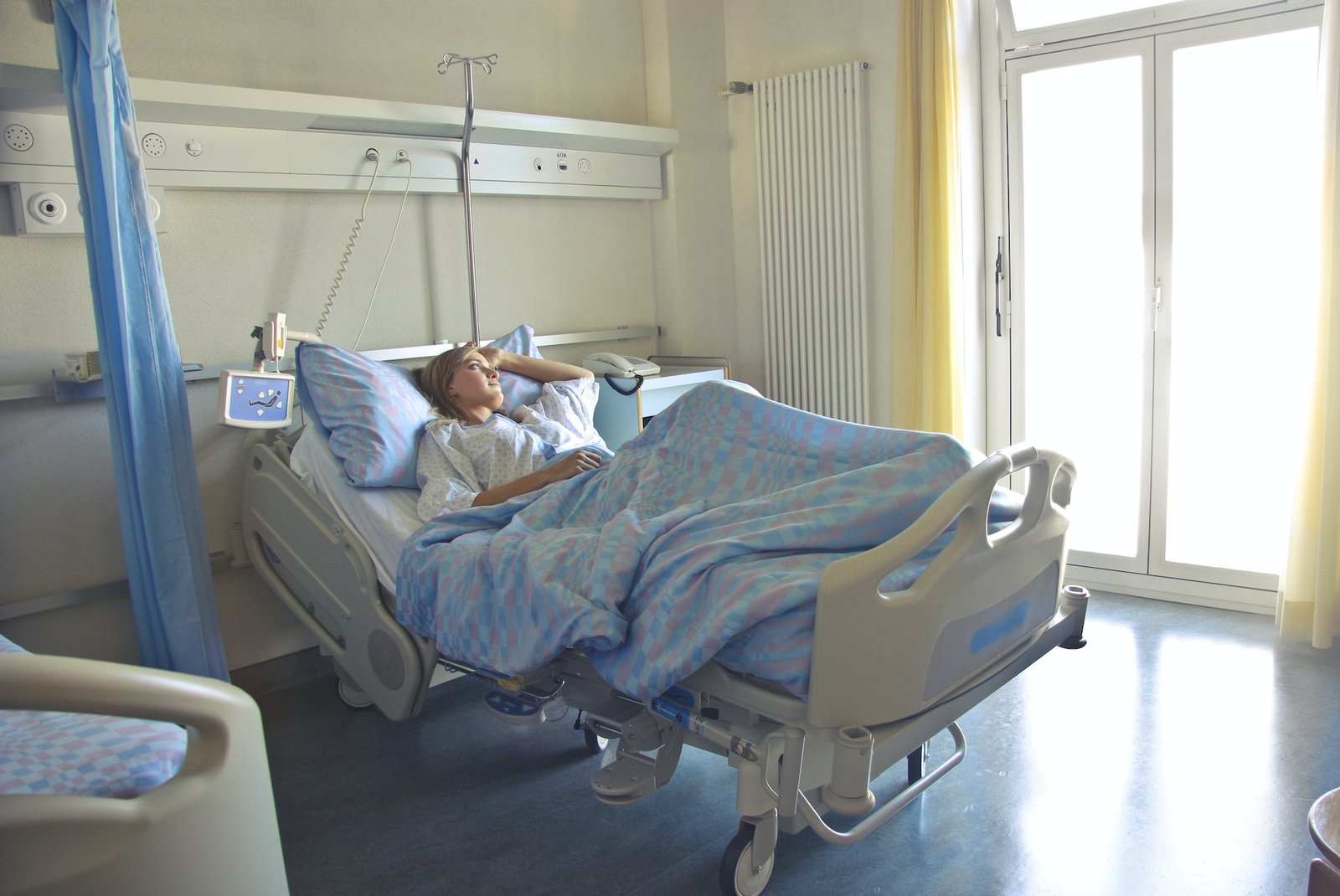Hyperthyroidism can be a severe disease if you’re not treated in time. There are many causes of hyperthyroidism, but the most common one is Graves’ disease, a condition in which the body produces antibodies that make the thyroid gland overactive. These antibodies usually help the body fight infection, but in this case, they prevent the thyroid gland from controlling its hormone levels. This results in extremely high levels of thyroid hormones in the blood. Doctors have no idea why the body makes antibodies like this, but they know that the condition is severe and needs medical attention.
Signs And Symptoms Of Hyperthyroidism
Although most cases of hyperthyroidism are benign, there are sure signs and symptoms that should be looked for. For example, a patient suffering from a thyroid disorder may tend to gain weight or lose weight and have a rapid heartbeat. Although these symptoms are often mild and go away on their own, they should be evaluated by a doctor.
Although many of these symptoms may resemble other conditions, hyperthyroidism is severe and should be treated promptly. A doctor can diagnose hyperthyroidism by testing thyroid hormone levels and recommend a Hypothyroid Treatment Denver CO. Patients who take thyroid hormone replacement therapy should be checked at least once a year to ensure their stories are expected. Patients should never try to give themselves extra doses of thyroid hormone, and any changes to the medication must be based on a thyroid function test.
Hyperthyroidism is caused by an overactive thyroid gland, a small gland in the neck. The condition causes the body to produce too much thyroid hormone, which speeds up the metabolic process. Another condition that can cause the thyroid gland to overexpress hormones is toxic nodular goiter, where a thyroid gland lump becomes overactive.
Foods High In Iodine
Iodine can be found in a variety of foods. Fish, seafood, seaweed, eggs, and some dairy products are excellent sources of iodine. However, most fruits and vegetables do not contain enough of this mineral. Foods with high levels of iodine include kelp, seaweed tablets, and by-products.
Although foods high in iodine can help your body produce the proper amount of thyroid hormone, too much of it can cause problems. For example, excessive iodine can interfere with medication. This makes it essential to follow your healthcare provider’s recommendations carefully. In addition, it is crucial to take the proper dosage of iodine every day. For adults, this amount is 150 micrograms per day. However, pregnant women or nursing should take an even higher dose.
The thyroid gland produces thyroid hormones, and too much can cause many problems, including heart and bone problems. An overactive thyroid gland can sometimes be treated with antithyroid medications. Occasionally, surgery or radiation therapy can also be used. Regardless of the type of treatment, diet is an essential part of thyroid health.
Side Effects Of Radioactive Iodine Treatment For Hyperthyroidism
One of the side effects of radioactive iodine therapy is hypothyroidism. This condition develops in about two-thirds of patients, usually in the first year after treatment. Blood tests must be performed four to six weeks after treatment to monitor the condition. Blood tests are also recommended annually. A physician should consult you before your first treatment to determine your risk of developing hypothyroidism.
The radioactive iodine in the treatment process produces radiation, so it is unsafe to ride public transportation home following a radioactive iodine treatment. Instead, driving yourself home or arranging for someone to pick you up is better. It would help if you also made transportation plans for the day of your treatment. Also, do not forget to use deodorant.
Another side effect of radioactive iodine treatment is the possibility of thyroid cancer. The radiation from the treatment can damage the thyroid and cause thyroid pain. It can also cause damage to the salivary glands. In addition, patients may experience a dry mouth or altered sense of taste. This side effect is widespread among young women, who are more susceptible to developing papillary thyroid cancer. Radioactive iodine can also cause problems with fertility, so pregnant women should not conceive until at least a year after treatment.



